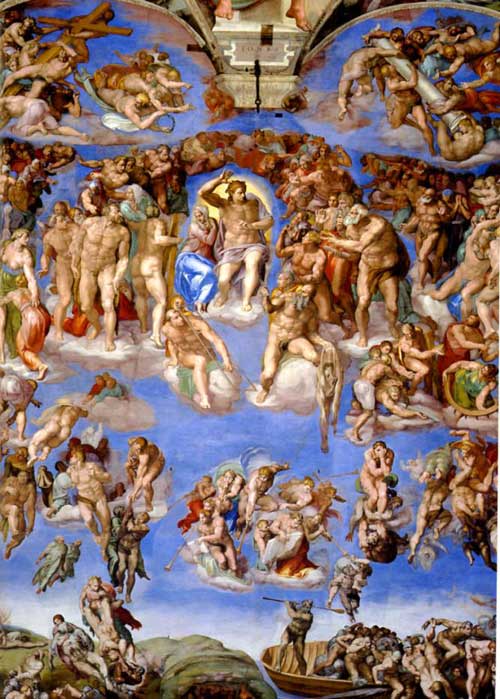
Dear Theophilus,
I’ve had a hard time lately not being judgemental. Time and again I find myself needing to check my spiritual ego and arrogance when it comes to the piety of others. Whether it’s tourists’ behaviour at a pilgrimage site, the way fellow parishioners dress on Sundays or the entitlement non-practicing Catholics feel towards the sacraments; I often bite my tongue and try to lead by example rather than cause a commotion by calling their actions into question.
Each time this happens, two Gospel quotes come to mind:
Do not judge, so that you may not be judged. For with the judgement you make you will be judged, and the measure you give will be the measure you get. (Mt. 7:1-2)
and
Jesus said to them, “Let anyone among you who is without sin be the first to throw a stone at her.” … When they heard it, they went away… and Jesus was left alone with the woman standing before him. Jesus said to her, “Woman, where are they? Has no one condemned you?” She said, “No one, sir.” And Jesus said, “Neither do I condemn you. Go your way, and from now on do not sin again.” (Jn. 8:7, 9-11)

Because we are human, and therefore sinners, we need to remember that it is not our place to judge others; only God alone can do that. This does not excuse earthly sin, nor should we condone sin because we cannot judge other. As Jesus did in the story of the adulterer that was brought before him, we are called to forgive the sinner while still abhorring the sin.
Our calling, therefore, is not to play the role of judge, but rather to help ourselves and others to avoid judgement. The line between the two is fine, and the path of righteousness we are called to walk is a precarious one; as we too will be held accountable for our sins on the last day.
This is a terrific piece that neatly summarizes the distinction between judging actions and judging people!
ReplyDeleteThanks. It really is a fine line and recent experience showed me how difficult it is for many to separate the notions of sin and sinner, as well as those of guidance and judgement.
ReplyDelete